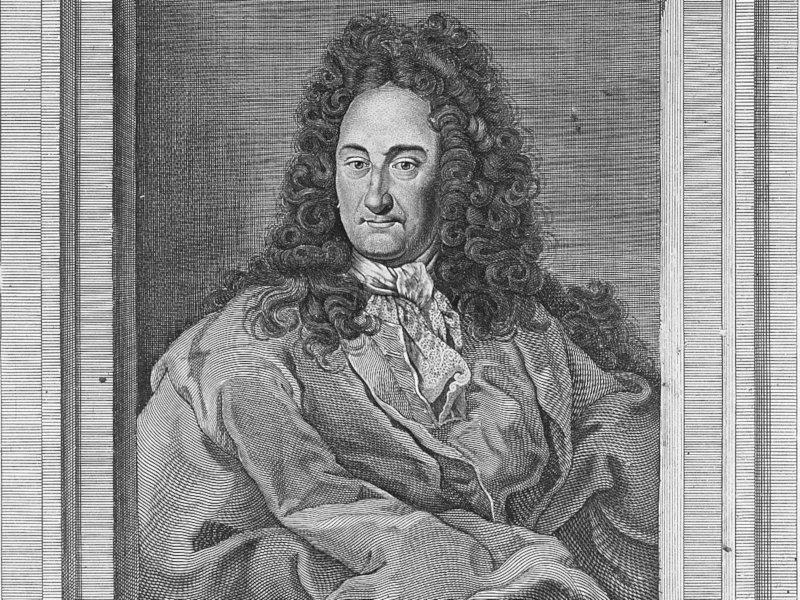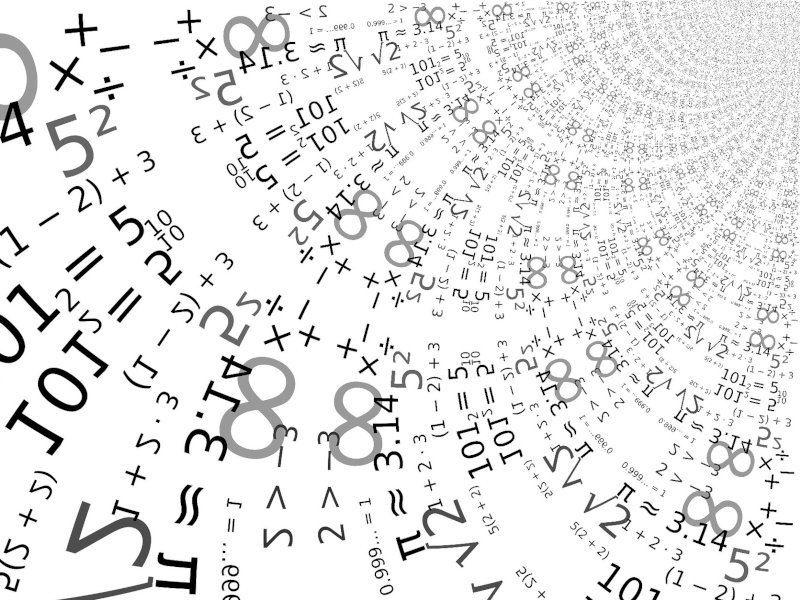REALE
Reassessing Leibniz’s conception of number and the infinite
Overview
The aim of the project is to investigate Leibniz’s general conception of number in light of his mereological theory. Special attention will be given to how this mereological background affects Leibniz’s conception of the infinite, and in particular his denial of the existence of an infinite number. In this way, the project will reshape the standard view according to which Leibniz’s rejection of infinite number is simply based on a faulty argument. The project’s ambition is to bring out a Leibnizian foundational theory for mathematics based on mereology, which can offer an alternative theory to the standard set-theoretical one.
The project intends to treat Leibniz not merely as a “piece of history”; indeed, efforts will be made to identify possible solutions to contemporary problems that we can find in his philosophy. The general idea behind this approach consists in reading the history of philosophy as a think tank from which to extrapolate views and ideas that can sometimes challenge the unquestioned assumptions of contemporary views on the same topics.
The project lies at the crossroads of three different topics in the literature on Leibniz: the logical structure of his mereological system; his conception of number; and his view of the infinite.
Project
Mereology
Mereology is the theory of the part-whole relation. During the last century, there has been a huge amount of work in formal mereology, starting from Leśniewski’s proposal of adopting mereology as an alternative to set theory in the 1920s to David Lewis’ more recent reconstruction of set theory starting from the part-whole relation in Parts of Classes (1991). Moreover, mereology plays a key role in many ontological and metaphysical debates, providing a precise setting in which to formalize different arguments.
Despite the sheer volume of existing literature, and despite the key role that mereology already played in Leibniz’s philosophy, Leibnizian scholars have often neglected it, and only recently have some papers appeared that fully engage with the logical framework of Leibniz’s mereology.
The present project will contribute to this area of research by providing a detailed reconstruction of Leibniz’s mereology as a general logical calculus. Mereology will be studied both from a purely logical point of view, with the aim of reconstructing a general theory that Leibniz applies to different fields, and with an eye to some of its most important applications, for instance in the debate concerning the persistence of objects through time. From a methodological perspective, some contemporary formalizations of mereology will be used as formal tools to dig deeper into Leibniz’s own theory.
Conception of number
Concerning Leibniz’s conception of number, it is astonishing that there are so few contributions in the literature. One reason for such neglect might be that scholars have long considered Leibniz’s view to have been superseded by later developments in mathematics, especially set theory.
In more recent times, however, new interest in this topic has grown, with the awareness that Leibniz’s conception may be far more interesting, coherent, and fruitful than expected.
The present project considers Leibniz’s conception of number, and more generally his conception of mathematics, to be not an old-fashioned and superseded view, but rather a different and alternative theory that can challenge the standard one.
The clarification of the notion of number along with other basic mathematical concepts shall exploit the results of the study of Leibniz’s mereology insofar as numbers (and mathematics) constitute for Leibniz a particular interpretation of his mereological calculus.
Since for him numbers are special kinds of relations, his metaphysical theory of relation will be used to explain the role that numbers play in his general metaphysics. In this way, the relationship between mathematics and metaphysics will be clarified too.
Infinite
Concerning the conception of the infinite, there are two different topics to deal with. First, there is the problem of what kind of infinite Leibniz defends. Everyone agrees that Leibniz admits the actual infinite in physics. However, there is disagreement about the infinite in mathematics, with some scholars holding that Leibniz only admits the potential infinite, while others defend the idea that Leibniz thought of integers as constituting an actual, but syncategorematic infinite. Second, there is a discussion about Leibniz’s argument against infinite number. For more than a century it has been thought that the argument is simply fallacious. Yet, recently, some authors have defended the soundness of the argument. I agree with the latter view.
The investigation of the notion of the infinite will be conducted in light of the study of mereology and the conception of number. This is crucial in terms of avoiding making the mistake of accusing Leibniz of falling into contradiction, while in reality we are grafting onto his thought ideas from a later time. The project seeks to show that the mereological framework justifies Leibniz’s premises in his argument against the infinite number. In this regard, Leibniz’s view will be compared with the new mathematical theory of numerosities that aims at introducing infinite numbers while respecting the part-whole axioms to show that it is technically possible to admit both the actual infinite and the part-whole axiom.
Conclusions
Some concluding remarks
The present project will aim to keep these three topics together. In particular, the project arrives at a moment in which interest in Leibniz’s concept of number is on the rise and a new conception of the infinite is emerging. There is still no systematic study of how mereology affects Leibniz’s view of mathematics. The mereological conception of number that will emerge from this research will provide a more complete setting in which to evaluate the problem of the infinite. This wider setting can give us insight into the conception according to which mathematics is the science of the ideal (and therefore numbers turn out to be particular kinds of relations); moreover, the mereological framework can justify the assumptions on which Leibniz’s rejection of infinite number rests (in particular, it can justify the Euclidean axiom that ‘the whole is always greater than its parts’). In this way, the project will constitute a significant step forward in this emerging tendency in the literature, by supplying a general and detailed reconstruction of Leibniz’s view of the foundations of mathematics.


